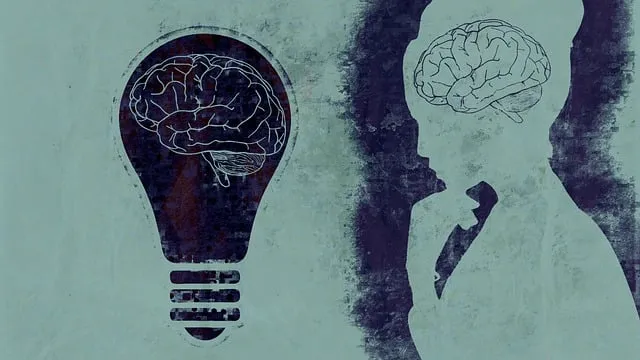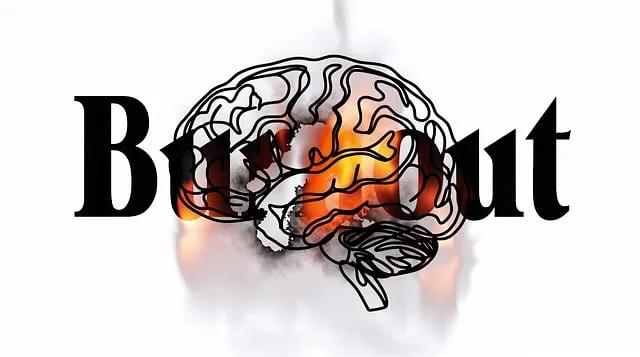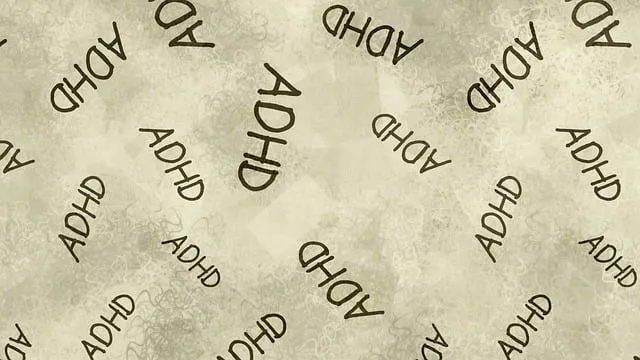The Lone Tree Kaiser Permanente Mental Health Access Center emphasizes early anxiety identification through subtle signs like worry, restlessness, and rapid heartbeat. They offer specialized services combining evidence-based practices (e.g., CBT) with individual therapy to prevent burnout and improve self-esteem. Their holistic approach includes mindfulness, meditation, lifestyle changes, and a Community Outreach Program focused on cultural sensitivity and mental health awareness.
Anxiety is a common struggle, but managing it effectively can greatly enhance your quality of life. This comprehensive guide explores various techniques to combat anxiety, from understanding its signs and seeking professional help at Lone Tree Kaiser Permanente Mental Health Access Center to powerful therapeutic tools like Cognitive Behavioral Therapy (CBT). We also delve into mindfulness practices, lifestyle changes, and the impact of exercise, diet, and sleep on anxiety management.
- Understanding Anxiety: Recognizing the Signs and Symptoms
- The Role of Lone Tree Kaiser Permanente Mental Health Access Center in Managing Anxiety
- Cognitive Behavioral Therapy (CBT): A Powerful Tool for Overcoming Anxiety
- Mindfulness and Meditation Techniques to Calm Your Mind
- Lifestyle Changes: Exercise, Diet, and Sleep for Better Anxiety Management
Understanding Anxiety: Recognizing the Signs and Symptoms
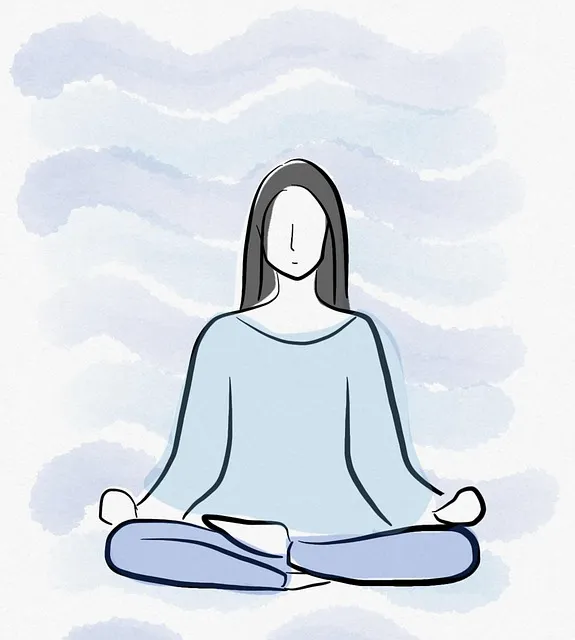
Anxiety is a natural response to stressful situations, but when it becomes overwhelming and persistent, it can significantly impact daily life. The Lone Tree Kaiser Permanente Mental Health Access Center emphasizes the importance of recognizing anxiety’s subtle signs and symptoms to effectively manage it. Common indicators include excessive worry, restlessness, rapid heartbeat, difficulty concentrating, and even physical manifestations like headaches or insomnia. By understanding these signs, individuals can take proactive steps towards managing their anxiety.
Early identification is crucial for implementing confidence-boosting strategies, such as mindfulness practices and cognitive-behavioral therapy techniques, which have been proven effective in burnout prevention and self-esteem improvement. The Mental Health Access Center encourages those experiencing anxiety to seek support, as timely intervention can make a substantial difference in one’s overall well-being.
The Role of Lone Tree Kaiser Permanente Mental Health Access Center in Managing Anxiety

The Lone Tree Kaiser Permanente Mental Health Access Center plays a pivotal role in managing anxiety within the community it serves. This specialized center is dedicated to providing comprehensive mental health services, focusing on evidence-based practices tailored to address various forms of anxiety. With a team of experienced therapists and counselors, they offer individual therapy sessions that empower individuals to develop coping strategies, enhance emotional intelligence, and cultivate resilience against anxiety’s grip.
Beyond direct therapeutic interventions, the center also boasts a robust Community Outreach Program Implementation, aiming to raise awareness about mental health issues and reduce stigma. They incorporate Cultural Sensitivity in Mental Healthcare Practice, ensuring that services are accessible and respectful of diverse backgrounds, languages, and beliefs. This inclusive approach has significantly contributed to fostering a supportive environment where individuals can openly discuss their anxiety and embark on their journey towards better mental well-being.
Cognitive Behavioral Therapy (CBT): A Powerful Tool for Overcoming Anxiety
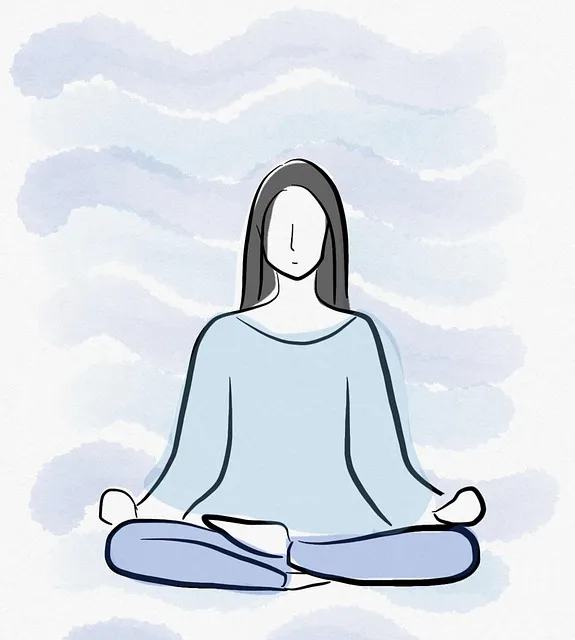
Cognitive Behavioral Therapy (CBT) is a highly effective and evidence-based approach to managing anxiety disorders, offered by centers like Lone Tree Kaiser Permanente mental health access center. This therapeutic method focuses on identifying and changing negative thought patterns and behaviors that contribute to anxiety. By challenging distorted thinking and replacing it with more realistic and positive thoughts, CBT empowers individuals to develop inner strength and resilience.
Through structured sessions, healthcare providers specializing in CBT teach practical skills to help patients navigate and overcome anxiety-provoking situations. This includes learning relaxation techniques, cognitive restructuring strategies, and problem-solving methods. For healthcare professionals, especially those at risk of burnout, CBT can be a valuable tool for preventing workplace stress and promoting well-being. Additionally, public awareness campaigns development centered around these evidence-based practices can help destigmatize mental health issues and encourage individuals to seek the support they need.
Mindfulness and Meditation Techniques to Calm Your Mind

In the quest to manage anxiety, mindfulness and meditation emerge as powerful tools, offering a haven from the storm of restless thoughts. The Lone Tree Kaiser Permanente mental health access center advocates for these practices as effective burnout prevention strategies for healthcare providers, emphasizing their role in enhancing overall well-being. By focusing on the present moment, mindfulness techniques teach individuals to observe their thoughts and emotions without judgment, fostering a deeper sense of calm and clarity.
Meditation amplifies this process, encouraging active participation in quieting the mind. Regular practice can significantly reduce anxiety symptoms, promoting mental health awareness and self-care practices. Through these ancient yet modern approaches, individuals gain valuable skills to navigate life’s challenges with resilience, ensuring better management of both their professional and personal lives.
Lifestyle Changes: Exercise, Diet, and Sleep for Better Anxiety Management

Anxiety management often extends beyond therapy and medication, encompassing lifestyle changes that can significantly impact mental wellness. Regular exercise is a powerful tool in combating anxiety; physical activity stimulates the release of endorphins, natural mood boosters, which can reduce stress levels and promote relaxation. Incorporating a balanced diet, rich in omega-3 fatty acids and vitamins B and D, supports brain health and may enhance one’s ability to cope with anxious feelings.
Adequate sleep is another cornerstone of anxiety management. Sleep deprivation can exacerbate anxiety symptoms, making it crucial for individuals to prioritize rest. The Lone Tree Kaiser Permanente mental health access center advocates for holistic approaches, including Mental Wellness Coaching Programs Development and Resilience Building initiatives, which empower individuals to take control of their mental health through lifestyle adjustments. Moreover, Healthcare Provider Cultural Competency Training ensures that these services are tailored to meet diverse needs, fostering a supportive environment for anxiety management.
Anxiety management is a holistic process that involves understanding your condition, accessing professional help like that provided by the Lone Tree Kaiser Permanente Mental Health Access Center, and adopting healthy lifestyle changes. Techniques such as Cognitive Behavioral Therapy (CBT) offer powerful tools to overcome anxiety, while mindfulness practices and lifestyle adjustments including exercise, diet, and sleep significantly enhance overall well-being. By combining these strategies, individuals can effectively navigate and manage their anxiety, leading to a calmer and more balanced life.
